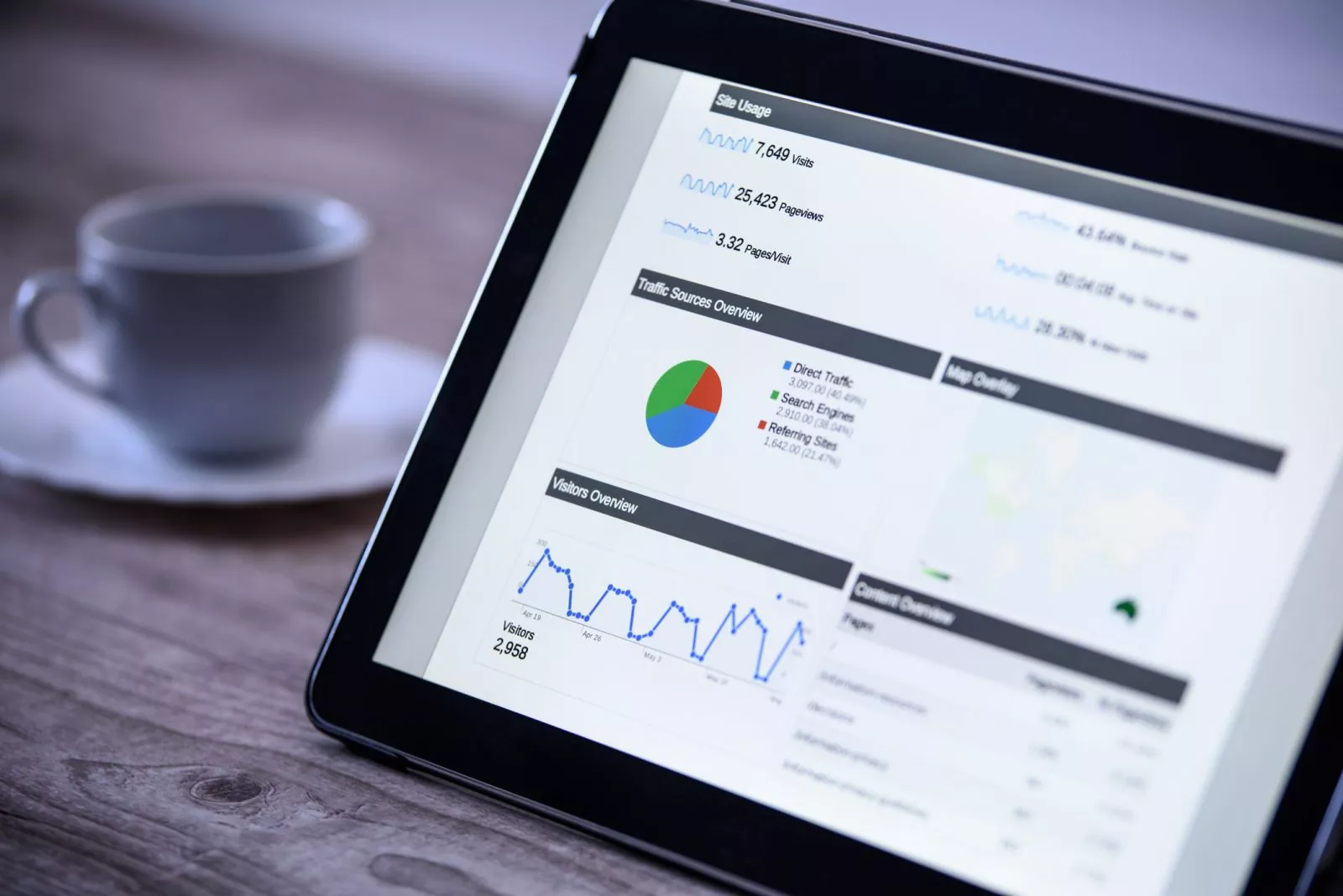Website Performance – What Does it Mean?
March 20, 2018

Of course we all want our browsing experience involve fast response times, but how do we manage performance when designing a website?
It’s worth remembering that sometimes you want to slow down the process eg confirming deletions, purchases, important form submissions, and forcing the user to read certain text before committing to an action. This is becoming particularly important as some processes can be completed from verbal instruction.
Authentication in another important example of slowing down the user experience.
- But what about just plain slow-to-load? Possible causes are, in no particular order:
- Database queries
- Hosting resources or location
- User bandwidth
- User device eg ageing computer, low powered device
It’s a given that we review all of the above when presented with this problem, and fix the issue if it’s under our control. Even if you can’t actually speed up the full loading of a page, there are still a few approaches you can take:
- Caching – keep previously loaded information within the browser or client
- Make loading more gradual – displaying content piece by piece, perhaps skeleton and text first, then images
And if you can’t do that, then maybe you can at least improve the perception and experience:
- Make loading processes more informative and transparent – spinning wheels, % complete bars, and steps complete messages. Even if it’s not accurate, it will be appreciated. It’s very annoying to wait on a page, not even knowing if it will ever finish
- Provide animation to at least make the waiting more entertaining
- Keeping users busy while waiting – perhaps displaying pricing or other information for the user to consider
- And if you really want to steer a user in a particular direction, you could make some things slower than others, but I would generally avoid this more manipulative trick
SEO
This is fairly complex topic which we’ve covered before in a previous blog https://www.thebridgedigital.com.au/blog/Do-Google-PageSpeed-scores-matter and needs to be carefully considered in the context of automated PageSpeed results, real-world loading times, and offsetting against some of the approaches to page loading that we’ve described above.
If you’d like to discuss your website or software development options with The Bridge, feel free to call Lawrence on 02 9993 3300 or email lawrence@thebridgedigital.com.au
